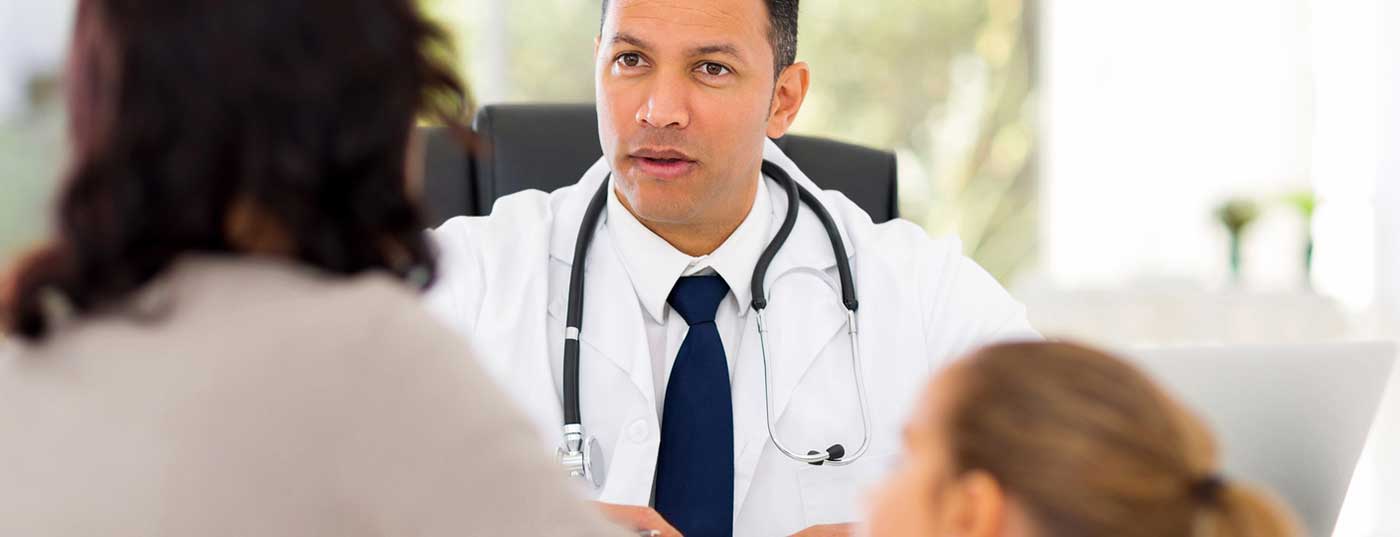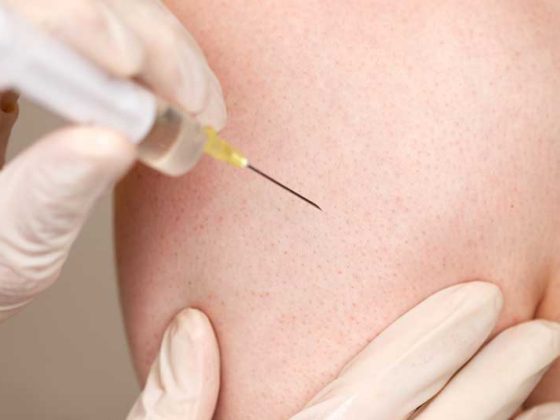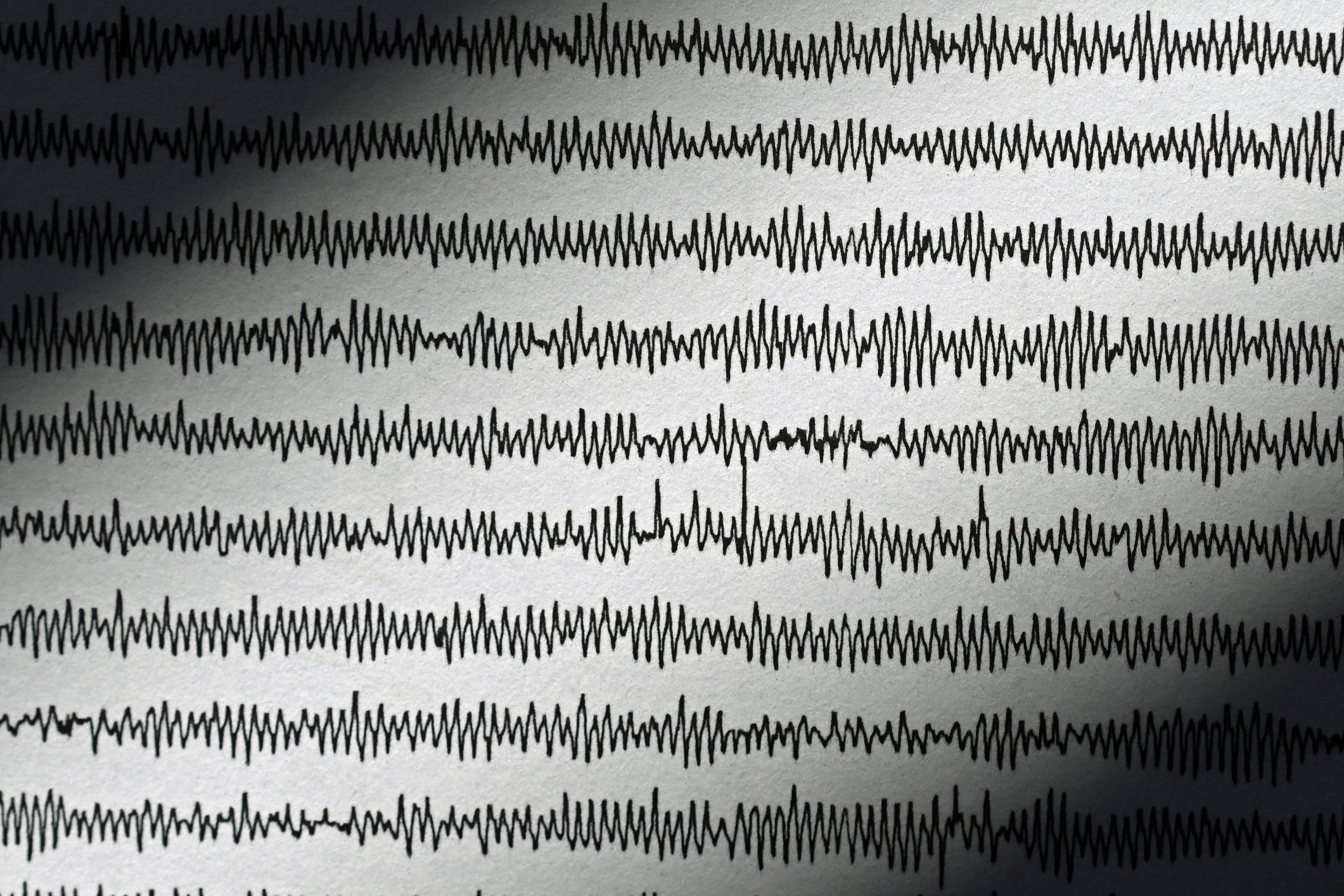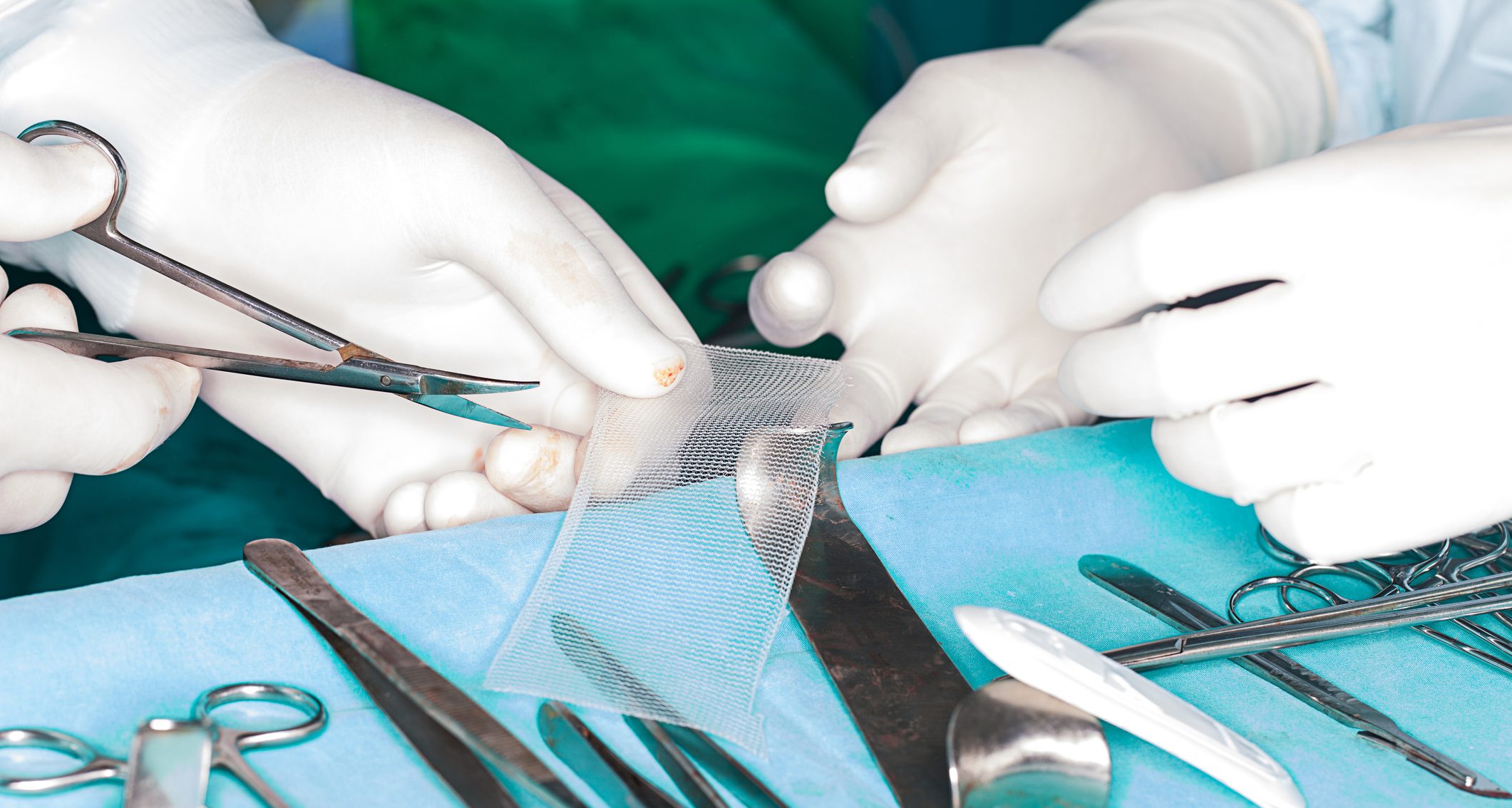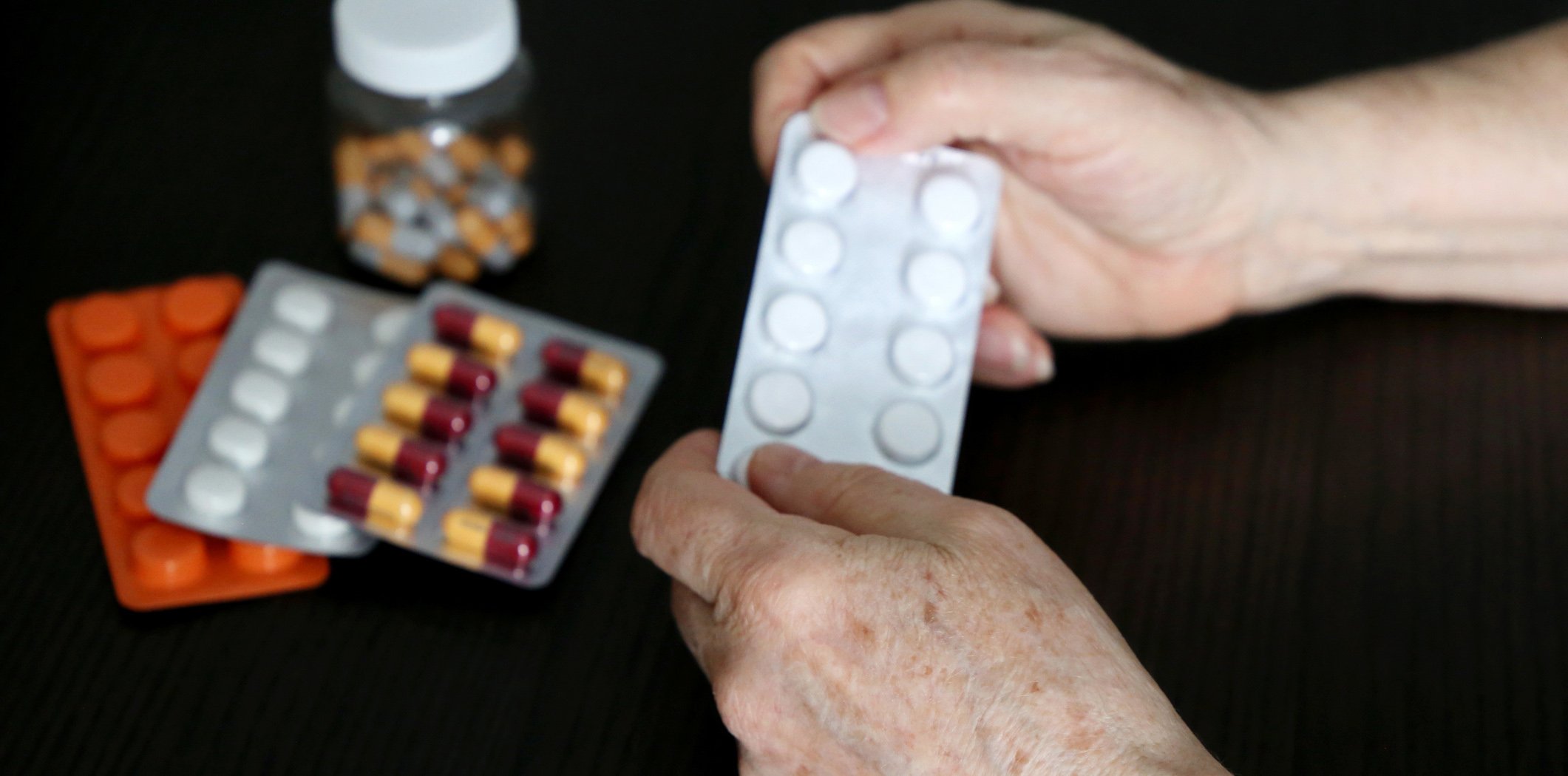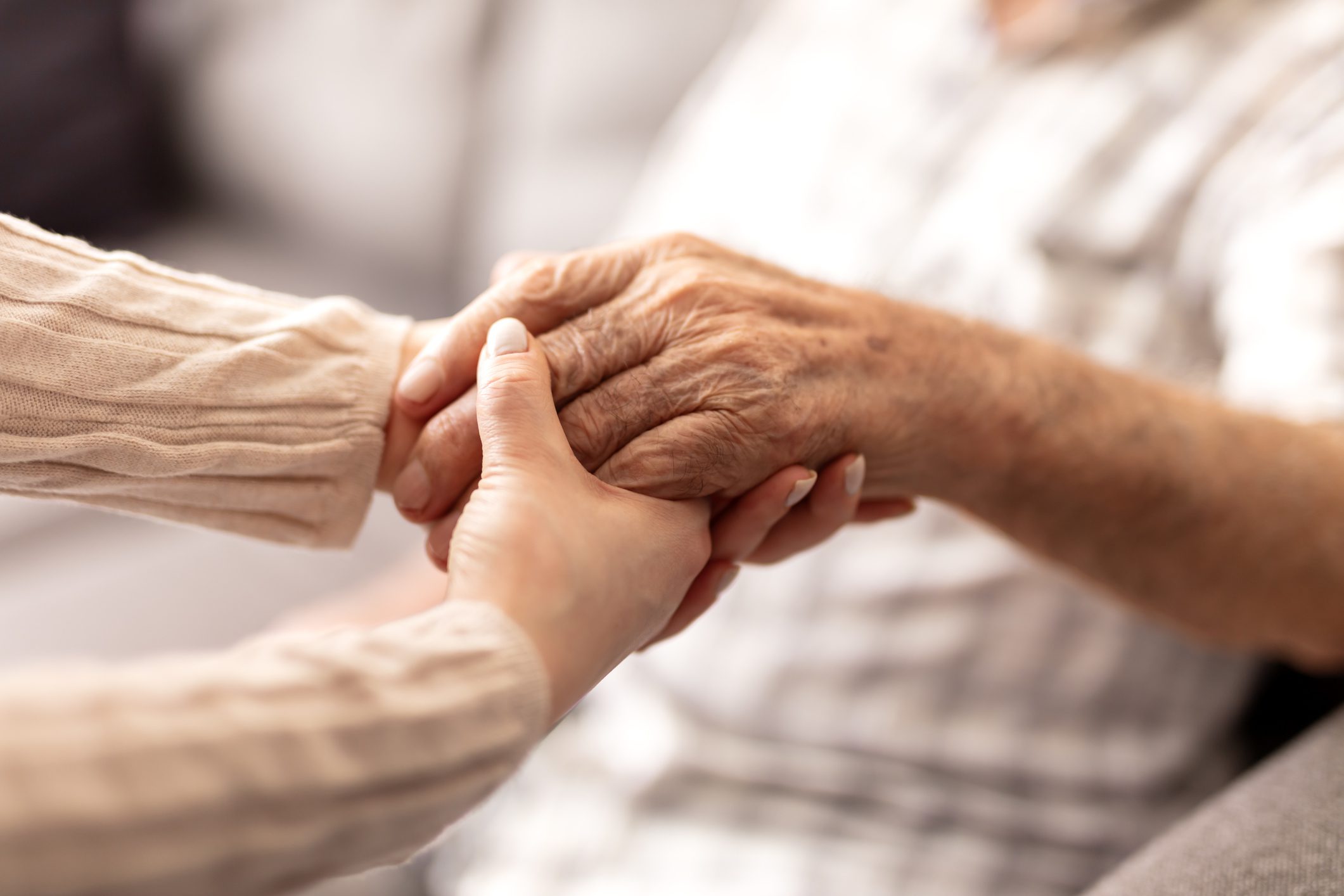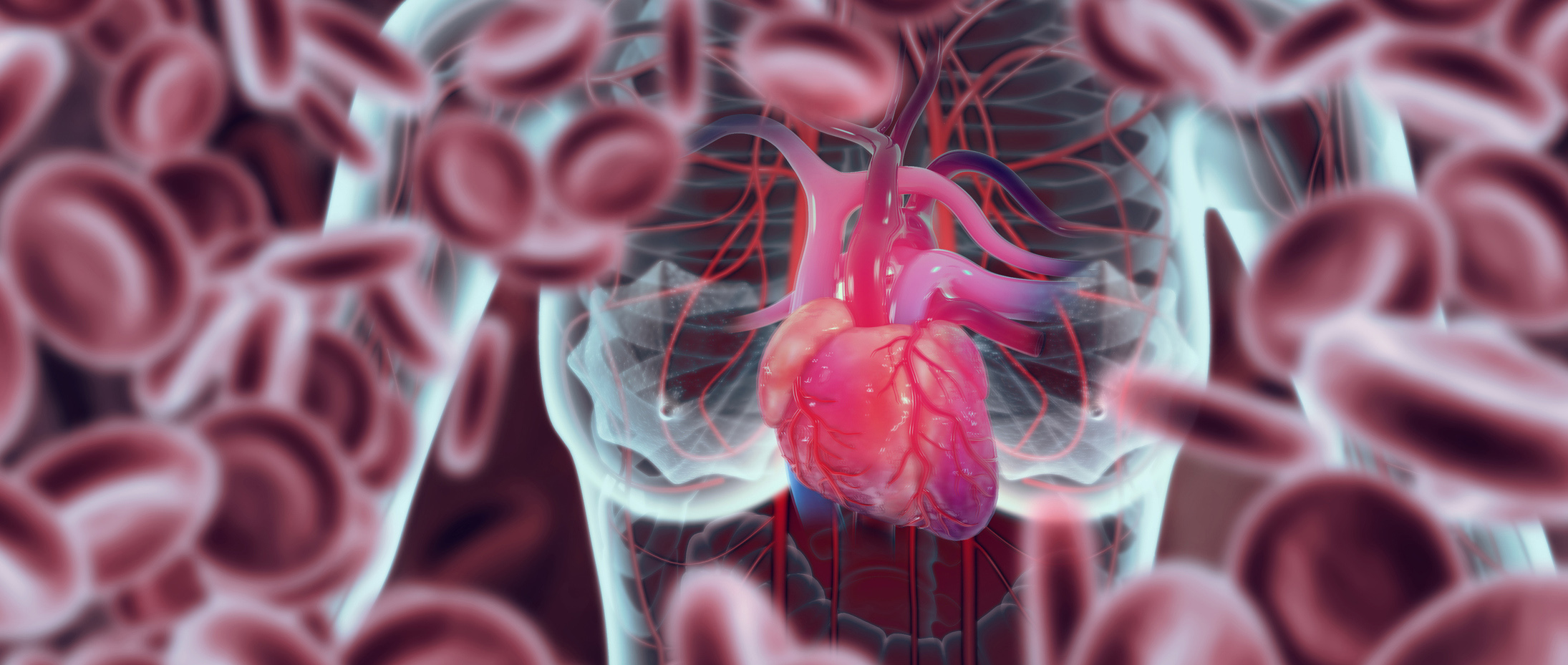The vaccination decision comes early – often before we family physicians and pediatricians even have a role in the family. It is important to instill a positive attitude toward vaccination as early as the prenatal period. The gynecologist can also contribute to a positive vaccination decision, as can a prenatal consultation. In the case of parents who are critical of vaccination, we must ask where their information comes from so that we can provide targeted counterarguments and thus provide education. We need to know the paramedical environment to know who has what position in the health care of
child and family takes. We must accept that the parental peer group can play a significant role in the vaccination decision. Vaccination is often associated with anxiety. We must not close our eyes here, but discuss and dispel fears. Sometimes a later vaccination start date or partial vaccination can be arranged. Vaccination can be associated with inconvenience. Even non-vaccination must have a consequence.
Once again, you see a mother with her one-month-old child in your consultation. The conversation is pleasant, the examination shows a healthy, normally developed child who is already showing the first signs of purposeful smiling. Of course, then you still address the vaccination that you would like to do in a month. Suddenly the atmosphere in the room changes. The mother’s facial expression takes on dismissive features, her breathing quickens, the veins on her neck begin to pulsate. Finally it bursts out of the mother: “My child will not be vaccinated. All the poison you want to give him – and all because of diseases that either no longer exist or are not bad because they can be treated homeopathically. It’s all about money for the pharmaceutical multinationals.”
How should you react now?
One variant is that you tell the mother that all this is nonsense and that she is a bad mother who senselessly exposes her child to danger. It is anti-social, he said, because it does not want to stop the pathogen cycle of these dangerous diseases. Her counter-attack culminated in the statement that if she refused the vaccination, the family would have to find a new primary care physician. Maybe the mother will do just that, maybe she will give in to your pressure and reluctantly have the child vaccinated. But whether this is a good condition for the further care of the child and his family is questionable.
Another option is to consider how the mother came to her decision. By nature, all parents want the best for their child. It is certainly wrong to disqualify this mother as a bad mother. Somehow she came to her decision.
And the father?
Interestingly, the vaccination decision is often a maternal decision. The mother decides what is good for the child. So a first question would be what the child’s father thinks about vaccination.
Does he agree? Does he perhaps simply trust his wife? Perhaps the information from both spouses is also based on the same sources. However, differing views are certainly a good hook for further discussion. Sometimes grandmothers also play an essential role.
Where do parents get their information?
The mother’s (or parents’) decision is based on information from certain sources (Table 1) . Which sources are conceivable?

The initial course for the vaccination decision is set very early. Vaccination is discussed as early as the prenatal period. While the gynecologist is more the “technician” who is supposed to guarantee the safest possible birth, the childbirth educator takes care of the fears and worries of the parents-to-be. Vaccination decisions are “pre-scheduled” there. Thus, it is sometimes useful to have a clarifying conversation with the childbirth educator in a timely manner.
The Internet is a hodgepodge of unweighted information. When you come across sites like www.impfentscheid.ch (formerly Aegis), you think twice about having your child vaccinated. Parents cannot be expected to evaluate sources on the Internet for relevance and accuracy. If you, as a physician, know where the parent’s information comes from, you can take much more targeted action. Unfortunately, the vaccine-positive sites are listed less prominently on the search lists, which may be related to the fact that for the vaccinating parents, vaccination is not such a central issue – they simply vaccinate because there is little doubt. Thus, there is also no grouping of “vaccinating parents” that would present itself on the Internet.
Is it worth giving talks on vaccination issues? In my experience, such events are usually attended by people who want to have their opinions confirmed. I have rarely seen such a lecture lead to a change of opinion.
Another option would be prenatal consultation. An early conversation with parents during pregnancy could help set certain course for the future. Fears and concerns of parents could be discussed, questions of health, education, but also vaccination could be addressed in an informal atmosphere. Sometimes you need to plant a seed a long time before harvesting, which can grow and thrive.
What is the opinion of friends and acquaintances?
In which social environment do the parents move? Anyone who suddenly has to take responsibility for a child is glad to be able to talk to people who already have experience. Vaccination is a topic that comes up frequently in parents’ peer groups. If the attitude of opinion leaders in these peer groups is negative, it is expected that the child’s parents will also oppose vaccination. As a physician, it is not easy to dissuade parents from the opinion of opinion leaders. In this sense, the conversation with the decision-makers would have to be sought first, although this is usually difficult. Opinion leaders are reluctant to change a formed opinion, as this would jeopardize their leading position in the group.
Sometimes it is exciting to sort through the relationships between the various parents who visit my practice with their children. Who comes with whom? Who is looking after whose children? Who do I see together on the street? Such observations help me understand why people make a decision.
“I know someone with vaccine damage”.
Knowing someone with vaccine damage is a “killer argument” in any group. The horror gets a face, all other arguments become invalid. Who might still ask questions and doubt the correctness in such a situation? That would mean inflicting even more suffering on those who are suffering by not believing them.
But this is exactly your task. As physicians, we are used to not just leaving things in space, but questioning them and drawing conclusions. Couldn’t it be an undiagnosed metabolic disorder? It is difficult to teach patients that coincidence does not mean causality. Ask and you will soon see that there is usually not much behind these statements. In the end, it’s usually a matter of second-, third- or fourth-hand information, or it’s such vague information that anything from an infection to an accident could be the cause. Try to uncover these “phantoms”.
Who else is involved in the child’s care?
Often we physicians have the impression that we are the only important people in the family’s medical and paramedical environment. We must learn to accept that we are often only one part in the “family health care system.” There is the family homeopath, the osteopath, the spiritual healer and many more who also have an opinion on vaccination. It is clear that the statements of the various persons can hardly be reconciled. Ask the question about co-treating therapists and you already know much more.
Why is vaccination scary?
Parents are often afraid of vaccinations. Sometimes it’s fear of the shot, sometimes it’s fear of side effects, sometimes it’s stories about vaccine complications that are floating around. These fears are important to parents and deserve to be addressed and discussed. Sometimes the solution is simple, sometimes difficult. The fact is that the fears are there and need to be reduced.
Non-vaccination must have consequences
Parents who vaccinate their child accept inconveniences such as sometimes fever after vaccination, increased crying or a swollen leg. They do this for their own child, but also for all other people. Parents who do not vaccinate have hardly had to face any consequences. With the exclusion of children without measles protection in case of measles cases in schools, this has changed in some cantons. Parents need to consider whether or not they want to put up with this inconvenience. Some parents eventually opted for MMR vaccination.
Partial vaccinations or later vaccination timing?
Each physician must consider whether to insist on the Swiss vaccination schedule or to give parents the option of vaccinating less or later. There is no clear answer to this question. Sometimes it makes more sense for a child to be vaccinated against tetanus and polio at two years of age when the alternative would be no vaccination.
The small and big mistakes
“If you get injured, you get a tetanus vaccination anyway” or “The last polio case in Switzerland was caused by the vaccination” or “Tetanus can be cured homeopathically” – we all hear such and other arguments in practice again and again. It is clear that parents do not understand enough the complex background of why a simple tetanus vaccination is no longer sufficient in the case of an injury. That parents do not distinguish between live and dead vaccines is also logical. The claim that the homeopath can cure tetanus always tempts me to ask the provocative question: in how many cases has he been successful?
HAUSARZT PRAXIS 2016; 11(6): 12-14


